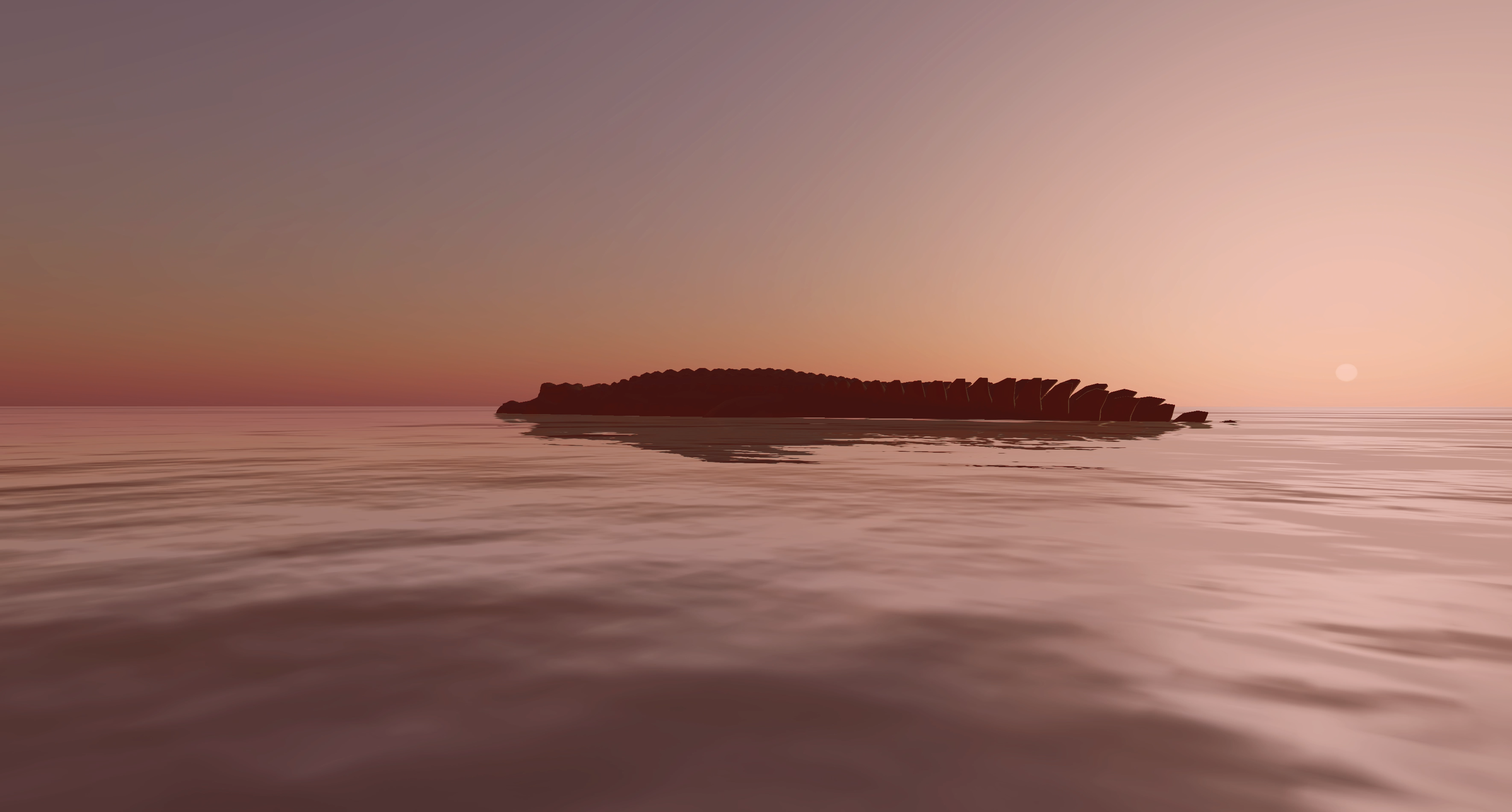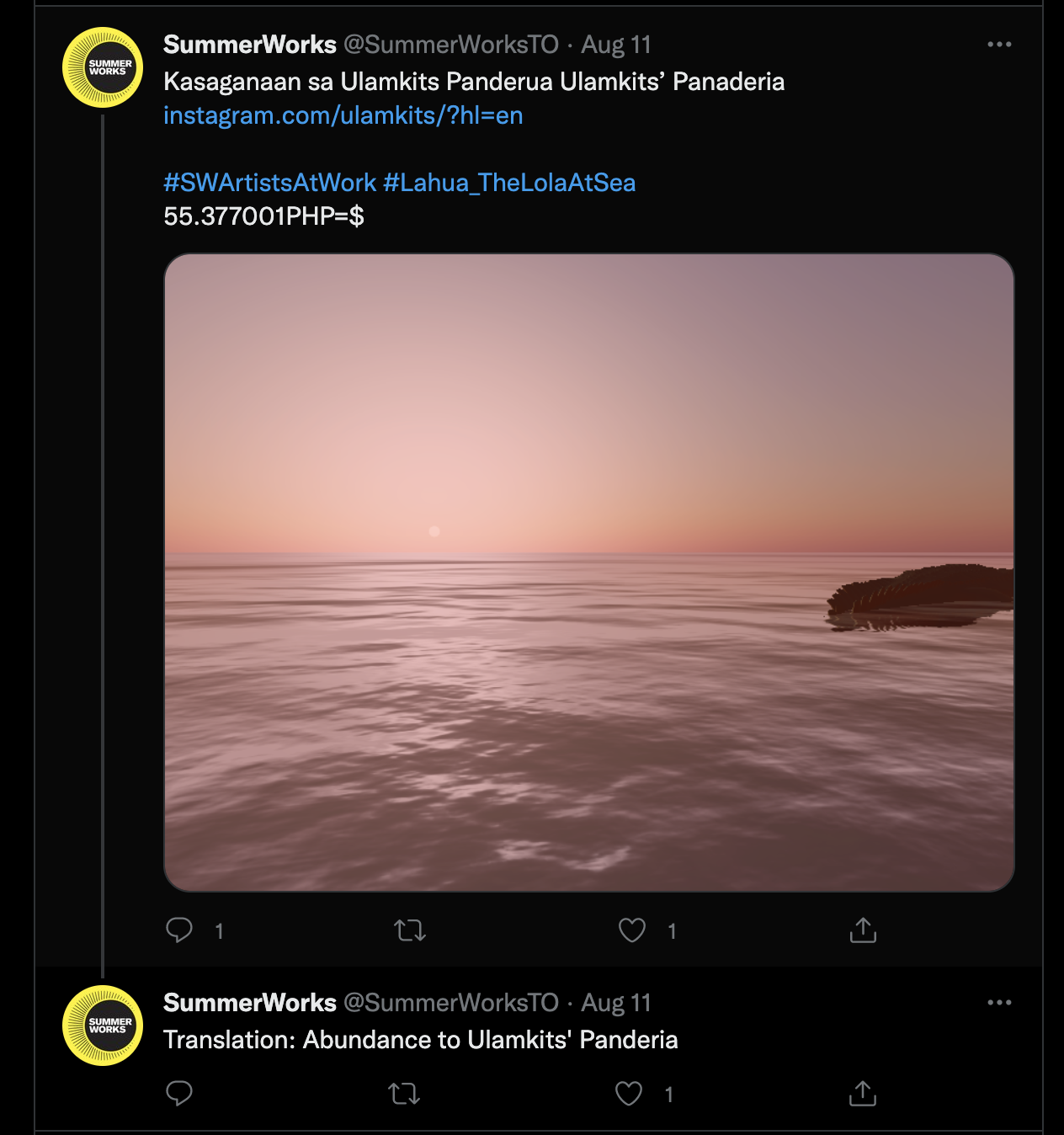



In pre-colonial Philippines the crocodile became a symbol for benevolent and malevolent power. They were believed to be a living ancestor, a benevolent grandfather spirit veneered as the communities personal guardians and securers of good harvest. Alongside this, it was also believed that the crocodile had the power to bring death and destruction, as the embodiment of a nature-god (diwata) capable of evoking the natural forces and attacking individuals who committed social injustice within the local community.
This web program invokes the Filipino nature-god, or diwata, Lahua, believed to be a large crocodile that could inhabit the earth and cause earthquakes. The frequent earthquakes that occurred in the Philippines during this time were mythologized as a symbol for revolutionary change, a sudden release of energy that could disrupt the tide, bringing the ending of oppressions and the opportunity to mobilize.
This web program maintains a live record of the exchange rate between the Philippines and the US, which flickers above the water. During the times of the day that the rate drops at its lowest, Lahua materializes in the water as a fissure, an earthquake and an avenger of the intricacies of colonial debt that continue to impact the Philippines. The spirit of the ancestor, the grandfather and the guardian to summon justice to the economic future of the Philippines.
Acting as a community member during an activation, Lahua will call attention to local Filipino businesses via a Twitter bot announcing prosperous omens and reporting exchange rates.
Lahua: The Lola at Sea was exhibited August 11th, 2022 and produced by Offsite Project for SummerWorks Festival, Toronto